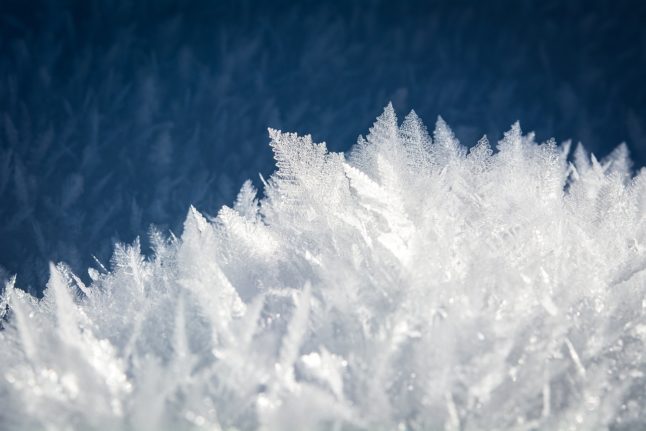The capital Bern is on high alert after water levels in the river Aar rose by two metres over the last 24 hours. Although the Rhine tributary has not yet overflowed, the fire brigade is on high alert with the river flowing at more than double its normal rate — 420m3/s compared to an average for October of 200m3/s.
Heavy rains have also pounded other parts of Bern canton, as well as cantons Nidwalden and Obwalden in central Switzerland, and Valais in the southwest. Several creeks and rivers overflowed on Monday, spilling their contents across streets and train tracks.
Rail services have been temporarily disrupted and roads closed between Frutigen and Kandersteg in the Kander river valley in west-central Switzerland.
Flooding on the rail tracks between ten days. The Mitholz road tunnel has also flooded, but authorities have not yet established the severity of the damage.
Trains have also ground to a partial halt between Dallenwill (Nidwalden) and Engelberg (Obwalden) in central Switzerland.
In the Valais, the level of the Rhone has also risen causing minor flooding in Sierre, according to local police.
Emergency services also rescued inhabitants from several mountain villages such as Gasterntal, Kandersteg and Mitholz in the Bernese Alps, as well as Lötschental, Leuk and Leukerbad in canton Valais.
The situation eased early on Tuesday morning as rain clouds dispersed.
According to the Federal Office of Meteorology and Climatology, the flooding was caused by the arrival of a warm front on Sunday night bringing a mixture of heavy rain and warm temperatures that melted mountain snow.
In some regions, water levels rose to levels not seen since the historic floods of 2005.


 Please whitelist us to continue reading.
Please whitelist us to continue reading.
Member comments